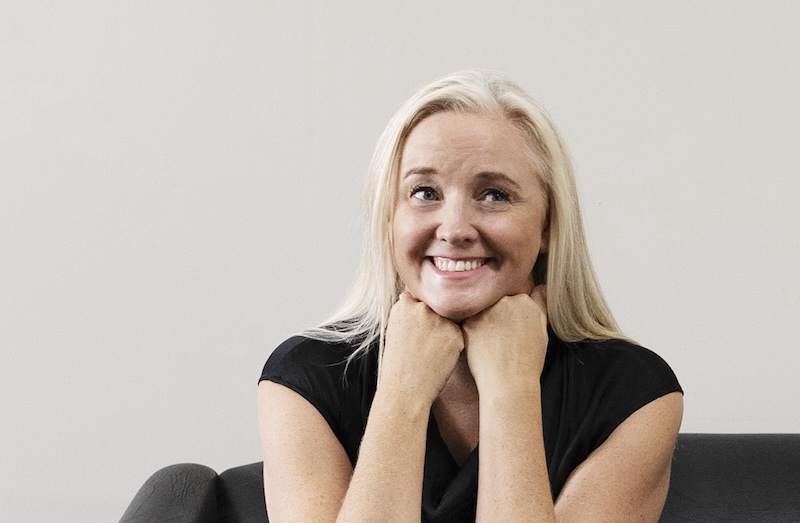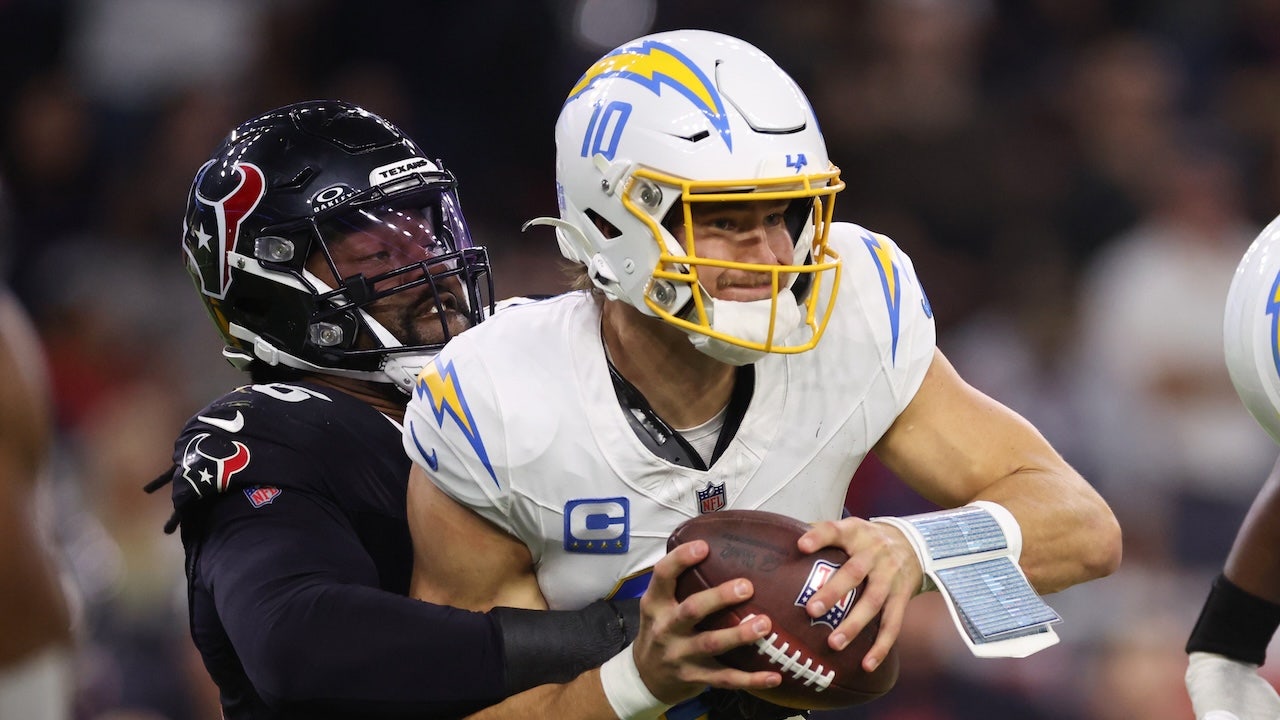Liz Truss has been chosen to replace Boris Johnson as leader of the Conservative Party, becoming Britain’s fourth prime minister in six years.
The foreign secretary beat her main rival, former finance minister Rishi Sunak, by 81,326 votes to 60,399, after a two-month campaign.
Truss, 47, will be the third woman to serve as leader of the United Kingdom, after her idol Margaret Thatcher and Theresa May.
The queen is scheduled to formally name Truss as Britain’s prime minister on Tuesday. The ceremony will take place at the queen’s Balmoral estate in Scotland, where the monarch is having a holiday, rather than at Buckingham Palace.
Aaron Wood/Stuff
Liz Truss pledged to unveil an energy plan within one week if she won the Tory leadership.
READ MORE:
* Liz Truss vows swift plan out of UK’s cost-of-living crisis on eve of Tory vote
* Liz Truss: How a socially conscious teenager became the darling of the Tory right
* Josie Pagani: Liz Truss isn’t the leader the world needs right now
* Liz Truss surges ahead, wins key backers in race to replace British PM Boris Johnson
Truss inherits an economy heading into a potentially lengthy recession and will need to jump straight into tackling the cost-of-living crisis walloping Britain.
Thanks in large part to global gas price volatility triggered by Russia’s invasion of Ukraine, the average UK household energy bill is jumping to more than £3500 (NZ$6600) a year – almost triple the level a year ago.
Inflation is above 10% for the first time since the 1980s. The government is facing increasingly urgent calls to deliver financial support to help millions pay for essential heating and electricity to get through the winter.
The opposition Labour Party and other critics have accused the Tory government of being “missing in action” during a summer of discontent that saw tens of thousands of rail staff, port and postal workers, lawyers and rubbish collectors go on strike to demand better pay to keep up with spiralling costs.
“I will deliver a bold plan to cut taxes and grow our economy,” Truss said after her victory. “I will deliver on the energy crisis, dealing with people’s energy bills, but also dealing with the long term issues we have on energy supply.”
She also thanked her predecessor Johnson, whom she referred to as a “friend”.
“I also want to thank our outgoing leader, my friend, Boris Johnson. Boris, you got Brexit done. You crushed Jeremy Corbyn. You rolled out the vaccine and you stood up to Vladimir Putin. You are admired from Kyiv to Carlisle,” Truss said. “We will deliver a great victory for the Conservative Party in 2024.”
Rui Vieira/AP
Liz Truss, centre, meets supporters in Birmingham, England, last month.
Truss won the support of many Conservatives with her Thatcherite zeal to roll back state intervention and slash taxes.
Steven Fielding, a professor of political history at Nottingham University, said Truss’ politics had played well with the estimated 180,000 Conservative Party grassroots members who have a say in choosing the country’s leader. But many have low expectations that she will deliver much financial relief to the country’s poorest.
“This is someone who believes in the market in a radical way, someone who believes that the objective of government is to get towards a much smaller state sooner rather than later. She takes that very seriously,” Fielding said.
“So I think we’re going to have a very radical, right-wing, free market prime minister and one that actually is more of an ideologist than a pragmatist.”
While the economy is certain to dominate the first months of the new premier’s term, Truss will also have to steer the UK on the international stage in the face of Russia’s war in Ukraine, an increasingly assertive China and ongoing tensions with the European Union over the aftermath of Brexit – especially in Northern Ireland.
Truss has talked tough as foreign secretary on all three main issues, though some analysts believe she may tone down her “robust” rhetoric after she’s sworn in.
“I think on each of those issues, the most domestically popular thing was to be quite tough – now that might change in future,” said David Lawrence, a research fellow at London’s Chatham House think tank.
One key aspect of foreign policy to look out for is whether Truss would put an influential group of Conservative “China hawks” in government, Lawrence added.
“If she does, then I think we will see a much more hawkish nudge in that direction when it comes to the UK-China policy,” he said.





















Discussion about this post